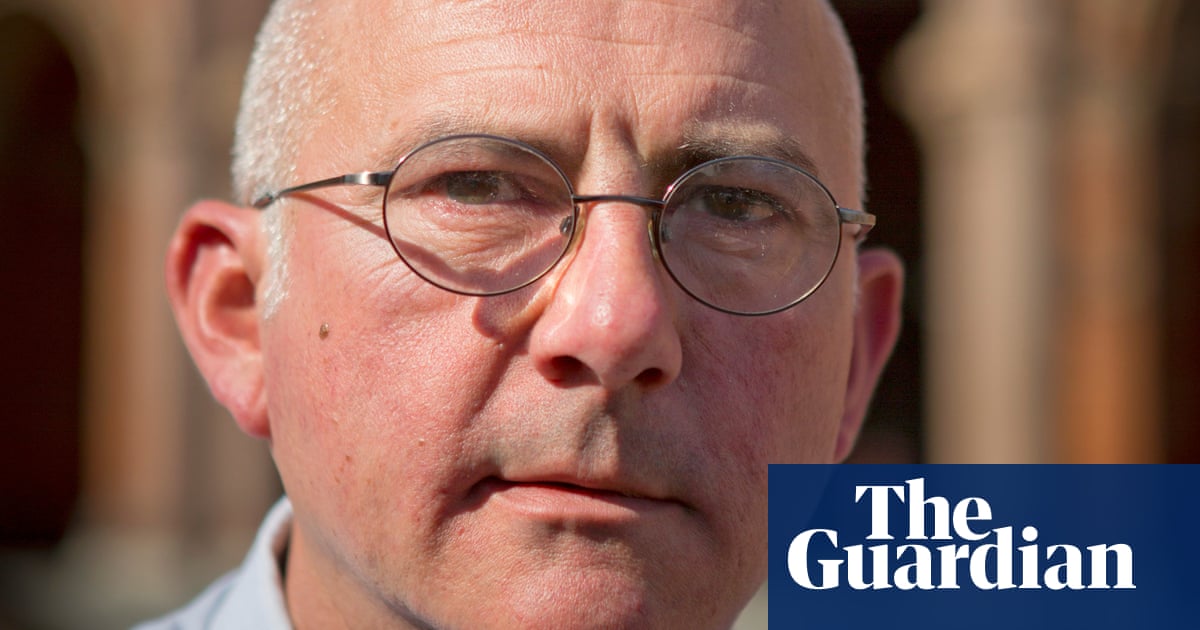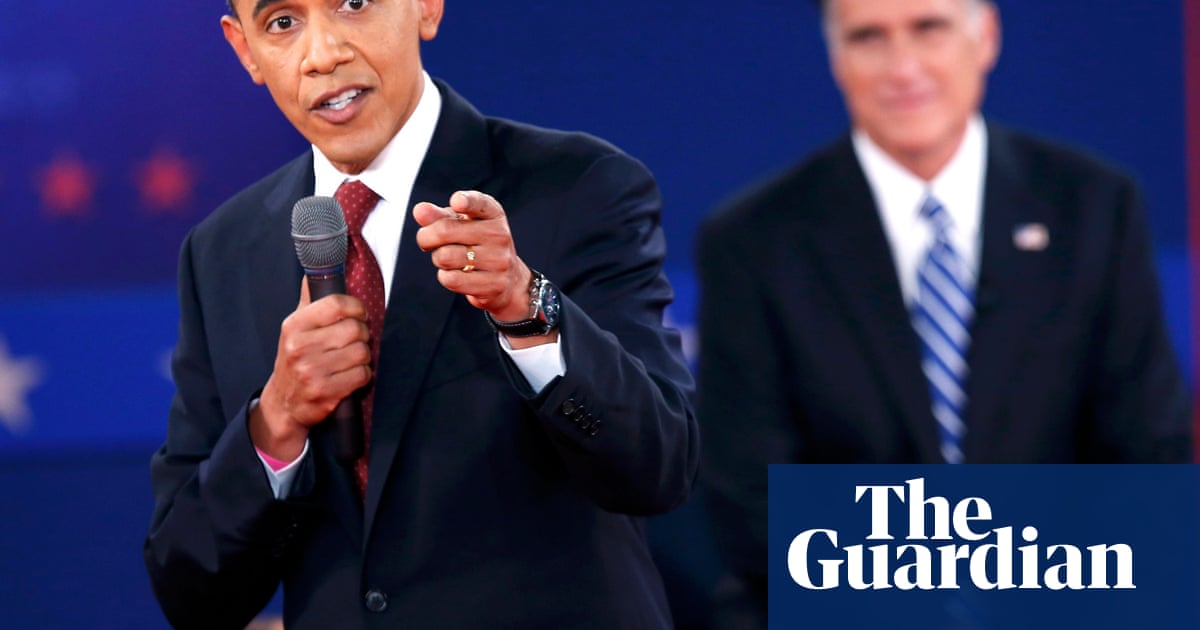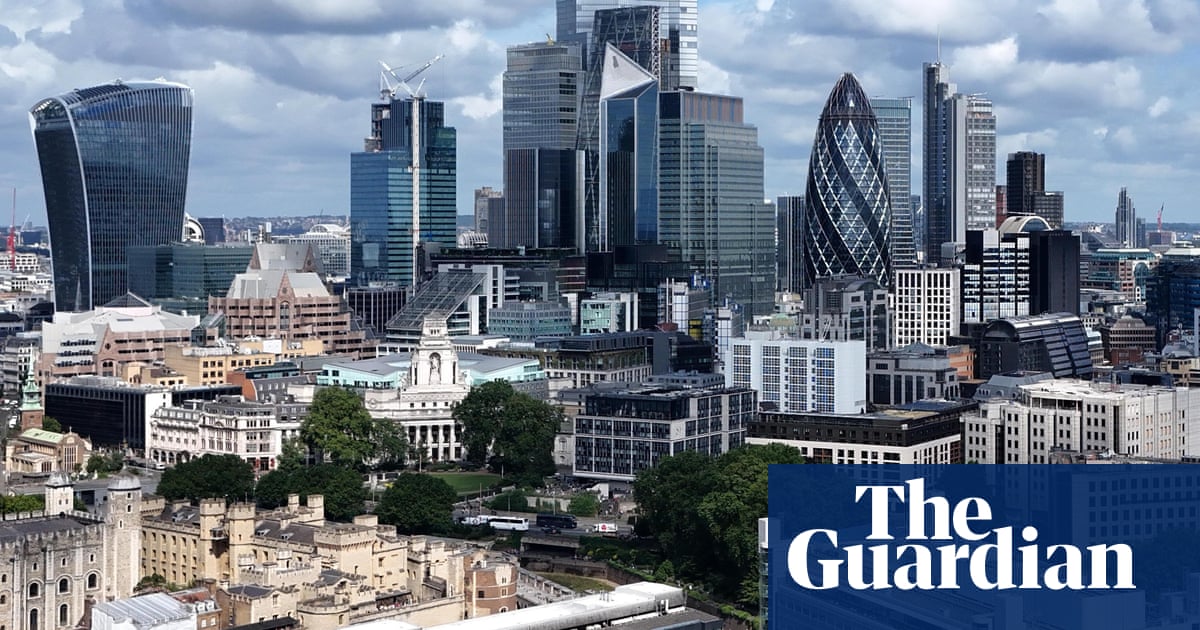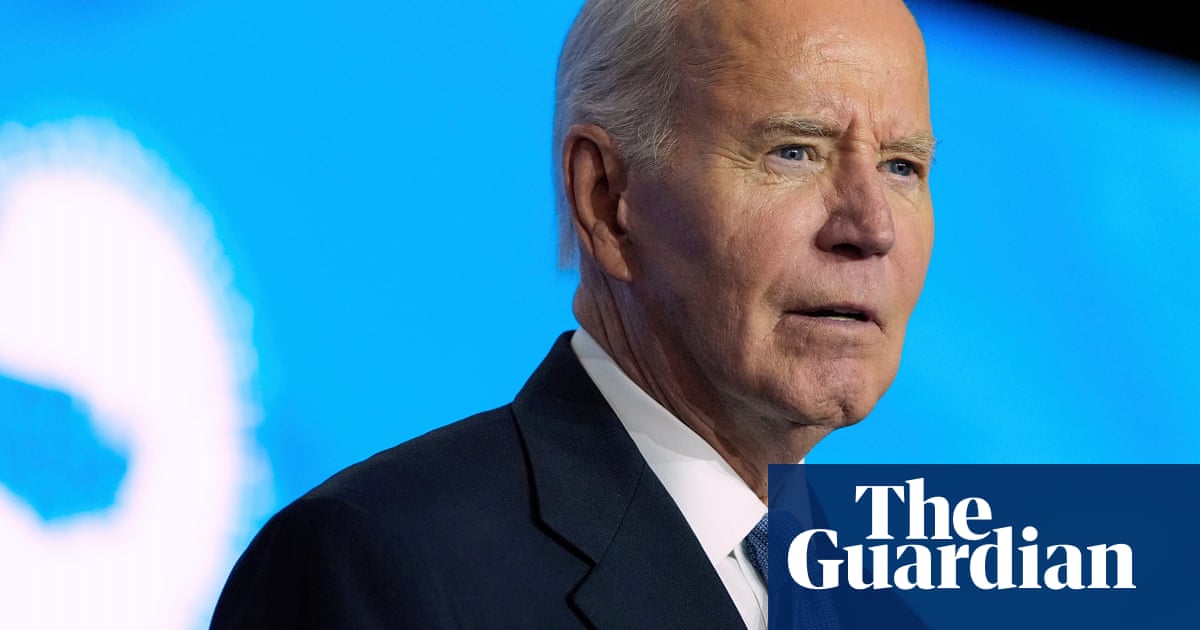I was talking recently to a friend who’s a professor at Columbia University about what’s been happening there. He had a lot to say.
When he needed to run off to an appointment, I asked him if he’d text or email me the rest of his thoughts.
His response worried me. “No,” he said. “I better not. They may be reviewing it.”
“Who’s ‘they’?” I asked.
“They! The university. The government. Gotta go!” He was off.
My friend has never shown signs of paranoia.
I relay this to you because the Trump regime is starting to have a chilling effect on what and how Americans communicate with each other. It is beginning to deter open dissent, which is exactly what Trump intends.
The chill affects all five major pillars of civil society – universities, science, the media, the law and the arts.
In Columbia University’s capitulation to Trump, it agreed to require demonstrators to identify themselves when asked and put its department of Middle Eastern studies under “receivership”, lest it lose $400m in government funding.
The agreement is already chilling dissent there, as my conversation with my friend revealed.
The Trump regime also “detained” a Columbia University graduate student and green card holder who participated in protests at the school. The administration’s agents have also entered dorms with search warrants and targeted two other students who participated in such protests.
On Tuesday, an international student in a graduate program at Tufts University was taken into custody outside her off-campus apartment building by plainclothes Homeland Security agents, handcuffed, and whisked away to a prison in Louisiana. She has a valid student visa. Her apparent offense? Putting her name to an opinion piece in the Tufts student newspaper that was critical of how the Tufts administration handled protests.
Scores of other major universities are on Trump’s target list.
Trump’s attack on science has involved threats to three of the largest funders of American science – the Centers for Disease Control, National Institutes of Health and National Science Foundation.
Tens of thousands of researchers are worried about how to continue their research. Many have decided to hunker down and not criticize the Trump administration for fear of losing their funding.
Philippe Baptiste, the French minister for higher education, has charged that a French scientist traveling to a conference near Houston earlier this month was denied entry into the US because his phone contained message exchanges with colleagues and friends in which he gave a negative “personal opinion” about Trump’s scientific and research policies. The US Department of Homeland Security denies this was the reason the scientist wasn’t admitted into the country.
Meanwhile, America’s major media fear more lawsuits from Trump and his political allies in the wake of ABC’s surrender to Trump in December, agreeing to pay him $15m to settle a defamation suit he filed against the network.
Journalists who cover the White House are reeling from Trump’s decision to bar those he deems unfriendly from major events where space is limited.
The media chill is palpable. Jeff Bezos, owner of the Washington Post, has openly restricted the kinds of op-eds appearing in its editorial pages.
after newsletter promotion
The latest example of Trump’s use of executive orders to target powerful law firms that have challenged him came on Tuesday, against Jenner & Block.
The firm employed the attorney Andrew Weissmann after he worked as a prosecutor in the special counsel Robert Mueller’s investigation of Trump during his first term.
The White House charged that the firm “participated in the weaponization of the legal system against American principles and values”, and an official specifically called out Weissmann.
Last month, Trump removed the security clearances of lawyers at Covington & Burling who represented the former special counsel Jack Smith following his investigation of Trump’s role in the January 6 Capitol attack.
Trump has also targeted Perkins Coie, a firm linked to opposition research against Trump in 2016. His order banned Perkins Coie lawyers from federal buildings and halted its federal contracts.
Another executive order took aim at Paul Weiss, who employed the lawyer Mark Pomerantz before he helped prosecute Trump over hush money payments to Stormy Daniels.
Last Thursday, Trump withdrew the executive order against Paul Weiss because, he said, the firm had “acknowledged the wrongdoing” of Pomerantz and pledged $40m in free legal work to support the Trump administration.
Non-profits tell the Washington Post that law firms that once might have helped them fight Trump’s orders now fear Trump will pursue them if they do.
Trump is even intimidating the arts by taking over the Kennedy Center, firing board members, ousting its president and making himself chairman.
The comedian Nikki Glaser, one of the few celebrities to walk the red carpet at this year’s Kennedy Center Mark Twain Prizes, now thinks twice before doing political jokes directed at Trump.
“Like, you just are scared that you’re gonna get doxxed and death threats or who knows where this leads, like, detained. Honestly, that’s not even like a joke. It’s like a real fear,” she told Deadline.
Every tyrant in history has sought to stifle criticism of himself and his regime.
But America was founded on criticism. American democracy was built on dissent. We conducted a revolution against tyranny.
This moment calls for courage and collective action rather than capitulation – resolve by universities, researchers, journalists, the legal community, and the arts to stand up to Trump.
Anyone holding responsible positions in these five pillars of civil society must reject Trump’s attempts at intimidation and condemn what he is trying to do.
Those who surrender to Trump’s tyranny invite more of it.
-
Robert Reich, a former US secretary of labor, is a professor of public policy emeritus at the University of California, Berkeley. He is a Guardian US columnist. His newsletter is at robertreich.substack.com

.png) 1 month ago
27
1 month ago
27

















































